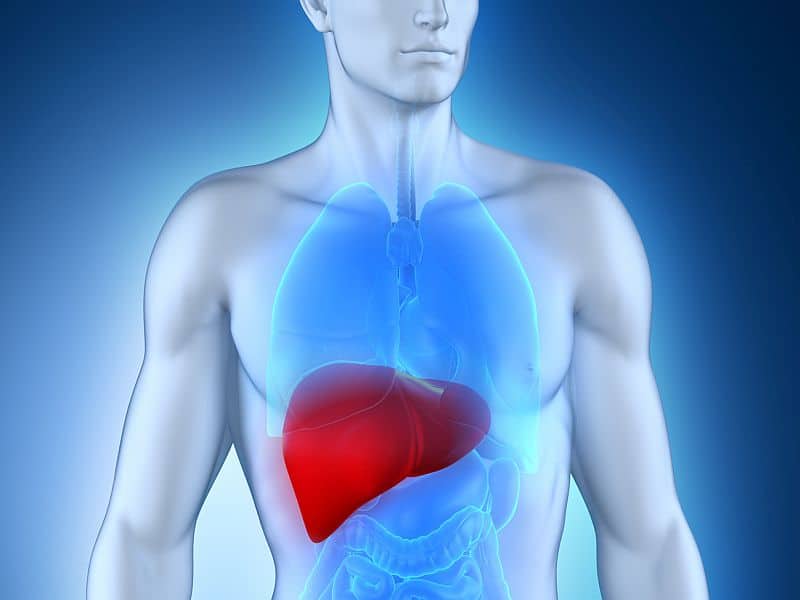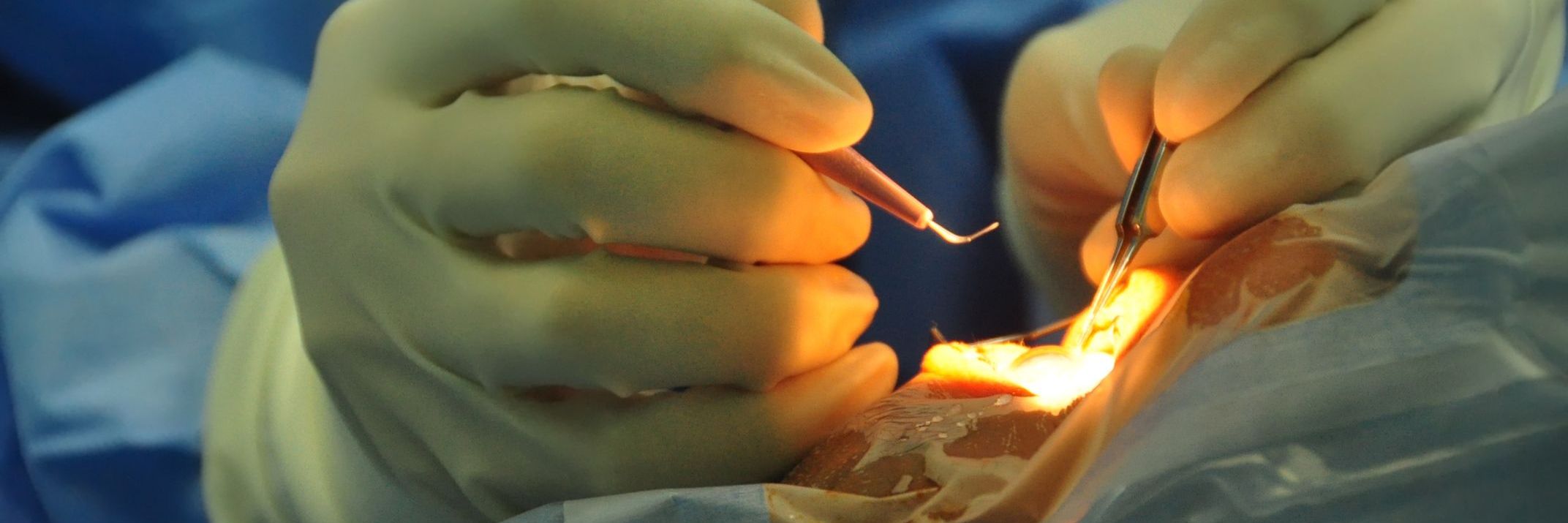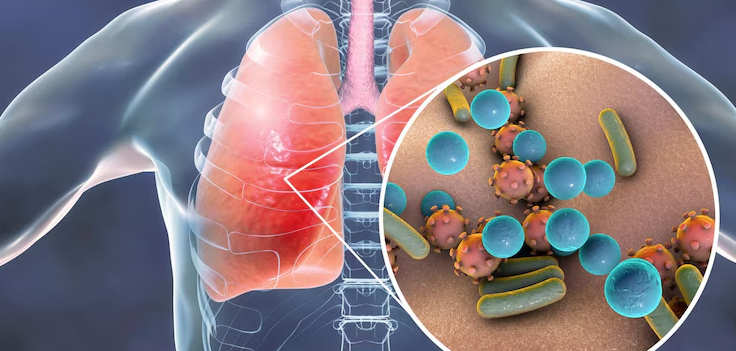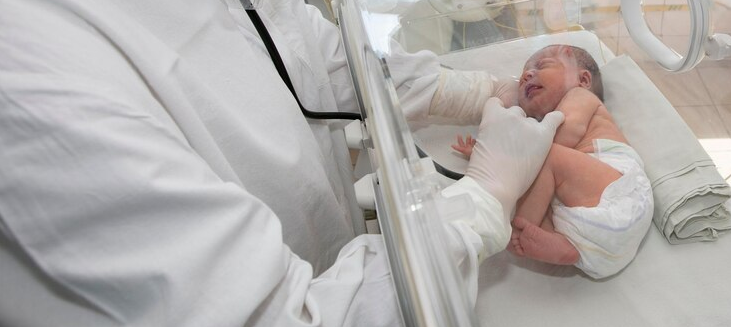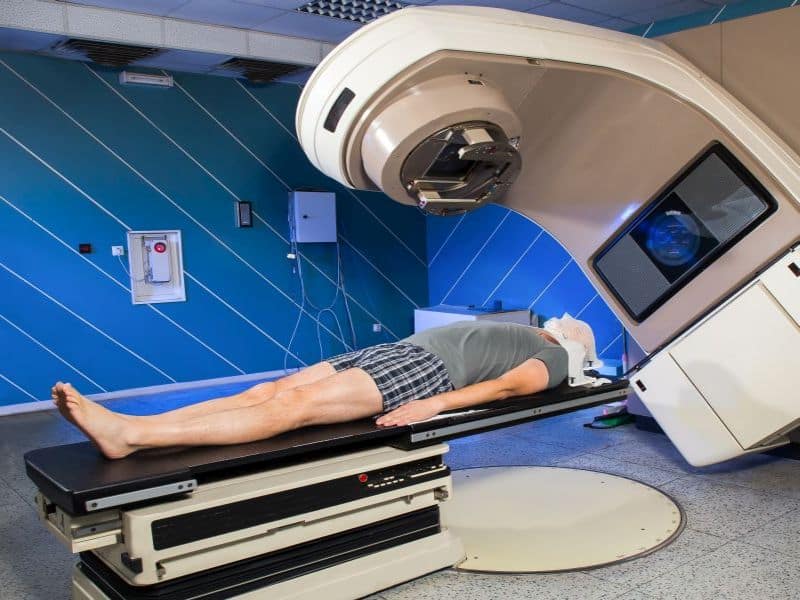The following is the summary of “PFKFB3-mediated Pro-glycolytic Shift in Hepatocellular Carcinoma Proliferation” published in the January 2023 issue of Cellular and Molecular Gastroenterology and Hepatology by Dou, et al.
Hepatocellular carcinoma (HCC) is supported by metabolic reprogramming, particularly glycolytic modulation, which may be a therapeutic target for the disease. To provide a theranostic alternative to current medicines, this work aimed to identify glycolytic regulators in HCC that may be suppressed to stop tumor progression and monitored in vivo. Researchers employed an orthotopic HCC rat model. Off-target liver ablation was used to induce a high proliferation state in tumors, which were then compared to controls with lower proliferation rates. Using hyperpolarized13C MRI, investigators compared tumors that had been stimulated with those that had not been, as well as tumors that had been stimulated with controls, to determine whether or not there had been a change in metabolic activity in vivo (h13C MRI).
They compared h13C MRI-detected metabolic changes to ex vivo mass spectrometry metabolite levels, mRNA levels of major glycolytic regulators, and histology. After 3 days of tumor stimulation, the HCC tumors showed an increase in glycolytic lactate flow, which correlated positively with tumor proliferation as evaluated by Ki67. Mass spectrometry analysis revealed that this was linked to a switch to aerobic glycolysis and a reduction in activity along the pentose phosphate pathway.
Direct inhibition with PFK15 decreased MRI-measured lactate flow, which correlated most strongly with PFKFB3 expression. PFKFB3 inhibition, as detected by in vivo h13C MRI, inhibits glycolytic-mediated HCC growth.
Source: sciencedirect.com/science/article/pii/S2352345X22002016


